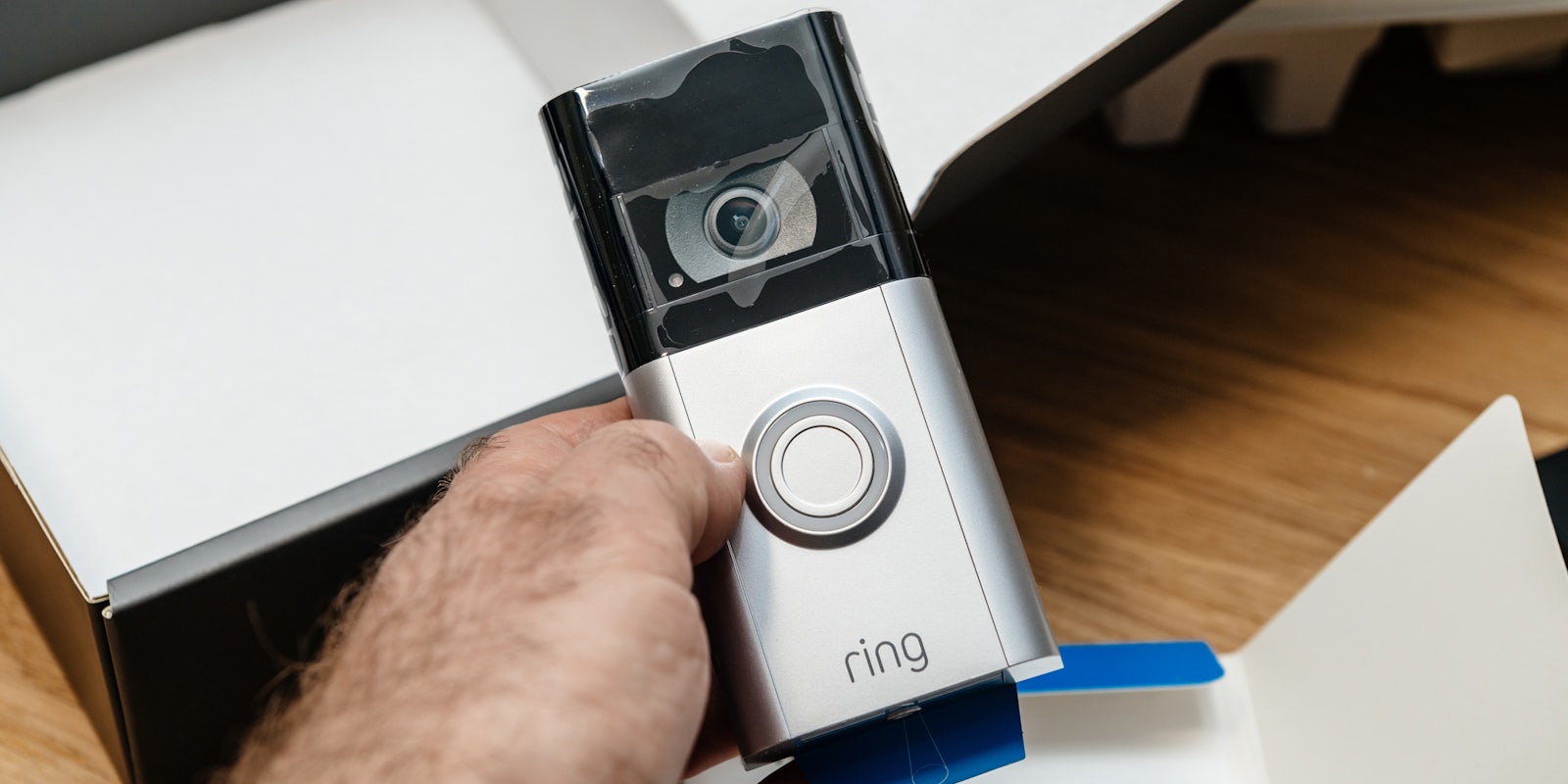A notorious ransomware group claims to have stolen data from Ring, the security camera company owned by Amazon.
In a post on their website, viewed by the Daily Dot, the cybercrime group ALPHV on Monday shared a photo of Ring’s logo alongside a message threatening to release the data.
“There’s always an option to let us leak your data,” the group wrote.
As is common practice among ransomware groups, ALPHV, which is known for the BlackCat malware variant, is not only claiming to have locked Ring’s files but is threatening to release them to the public unless a ransom is paid.
Details of what exact files have allegedly been compromised and how much Ring is being asked to pay remain unknown. In response to the claims, however, Ring denied that it had seen any evidence of such a breach.
“We currently have no indication that Ring has experienced a ransomware event,” the company told the cybersecurity firm the Record.
It also remains unclear whether the ransomware group indirectly gained access to Ring data through a third-party company.
VICE reported that after it published an article on the alleged breach on Monday, their piece as well as a warning was shared in an internal Slack channel at Amazon.
“Do not discuss anything about this,” the Amazon employee reportedly wrote. “The right security teams are engaged.”
ALPHV has repeatedly made headlines for its brazen attacks. Earlier this month, the ransomware group published clinical photos of nude breast cancer patients while attempting to extort a healthcare network in Pennsylvania.



